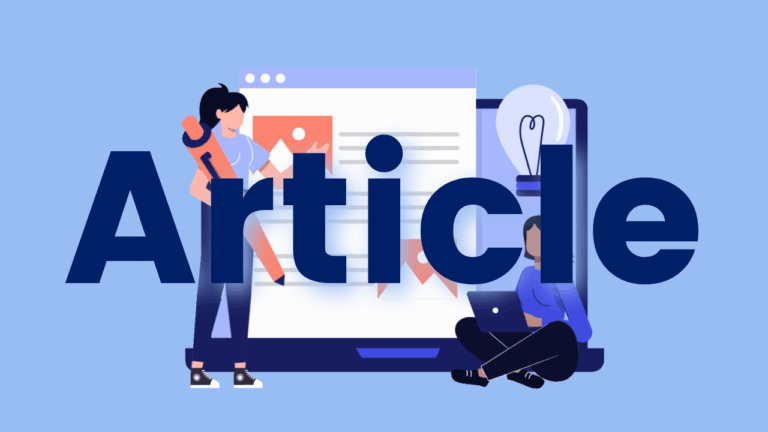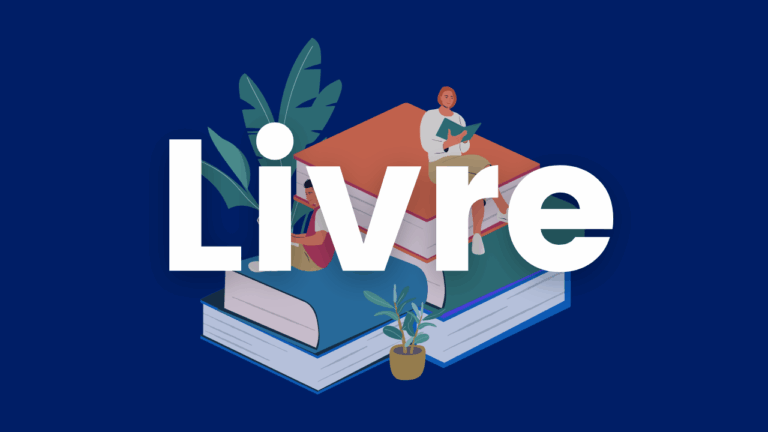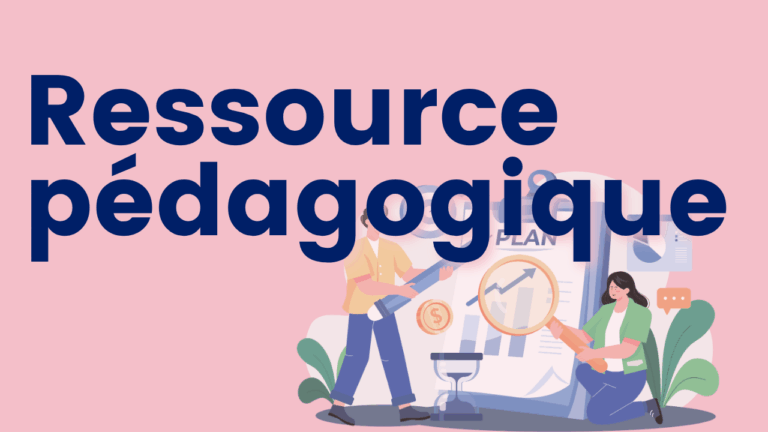Reading Road Trip: Equity and Literacy: Real Talk with Kareem Weaver
In this week’s episode, Kate welcomes Kareem Weaver for a candid conversation about the role of literacy in equity, and some myths and misconceptions as strive for the goal of literacy for all.






